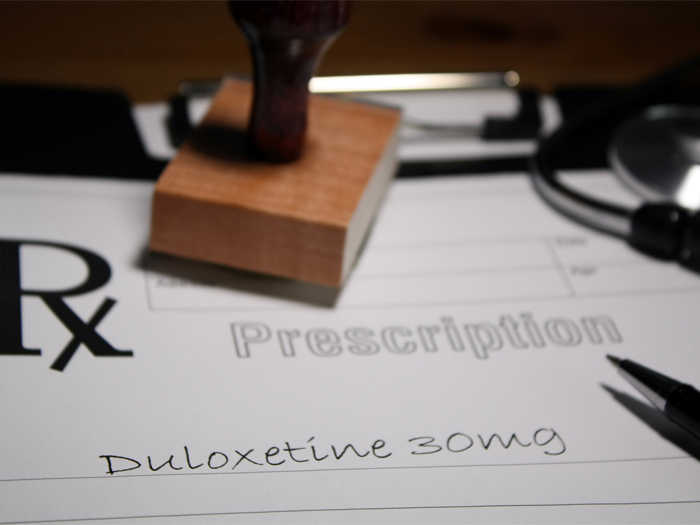Reputation Risks
Risks of Celebrity Sponsors

Companies are using actors, prominent sports figures and other celebrities to endorse their products more than ever before.
However, while they may generate lots of publicity around a product or service, not all of it is good publicity.
You only have to open up a copy of the newspaper to read about scandals engulfing stars such as Bill Cosby, Brian Williams or Tom Brady with the New England Patriots’ ‘deflate-gate’ saga.
Sponsors have reacted by withdrawing their support, most notably in the NFL, where domestic violence allegations hanging over the sport prompted Procter and Gamble to pull the plug on a deal to supply players with pink mouthguards during Breast Cancer Awareness Month and cancel all on-field marketing.
The risks for any sponsor associated with this type of negative publicity are infinite, said experts, often resulting in the cancellation of lucrative advertising and marketing contracts, ultimately costing the company millions of dollars in lost revenue.
Worse still, the sponsor may be forced to pull its product from the market altogether, with the end result that millions of dollars are wiped off its share value.
The main risk of hiring a celebrity to endorse a product is the unexpected or disgraceful behavior of that individual, or unforeseen events such as death. — Lori Shaw, executive director, entertainment practice, Aon Risk Solutions
Lori Shaw, executive director of Aon Risk Solutions’ entertainment practice, said the main risk of hiring a celebrity to endorse a product is the unexpected or disgraceful behavior of that individual, or unforeseen events such as death.
“The first step is to analyze the potential risks, discuss ‘what if’ scenarios; outline the financial consequences; and to be aware of the risks that can be avoided, those that can be transferred contractually to the celebrity or talent, those that can be transferred to insurance and the risks that must be retained,” she said.
Shaw said that companies need to take a holistic approach to their branding and marketing activities in order to assess the potential impact of any adverse publicity on their balance sheet.
Nir Kossovsky, CEO of Steel City Re, a corporate reputation measurement and risk management specialist, said another major problem of negative publicity is the damage to a company’s reputation.
“The primary risk is that an adverse behavior at an event or by a celebrity will be viewed by stakeholders as a reflection of that company’s culture, values or operational ineptitude,” he said.
“In this situation where the stakeholder holds the company culpable for any such action, often they will respond by altering their future expectations and exercising their financial clout, usually to the company’s detriment.”
Kossovsky said that, rather than calculate the potential risk, sponsors need to first determine the value gained from the sponsorship deal, and the costs of acquiring that value.
Then they must assess the costs of communicating to stakeholders the steps it took to mitigate against any adverse events and publicity that may occur, he said.
“There are two instances when a company should walk away from a deal,” he said.
“The first is if the costs of a parallel communication strategy coupled with the direct costs of sponsorship outweigh the value of the expected gain.
“The second is if, on objective reflection, there is a compelling case that the average stakeholder will hold management culpable for an adverse event no matter what the management says to the contrary.”
To mitigate against these risks, corporations are increasingly turning to specialized insurance plans and writing clauses into their contracts allowing them to cancel a deal if the celebrity is considered to have acted in an inappropriate manner that may damage the company’s brand.
Recently, AIG launched a new policy protecting sponsors that hire celebrities to endorse their product.
Celebrity Product RecallResponse is triggered by any “actual or alleged criminal act or distasteful conduct” from the celebrity that has a significantly adverse impact on a company’s product.
It covers certain costs incurred by companies to remove or recall those products bearing the celebrity’s name and image, as well as the costs of removing advertising.
“In this age of social media and instant news,” said Jeremy Johnson, president and CEO of Lexington Insurance Co., which provides the policy, “reports of indiscretions by celebrities or high profile athletes can spread worldwide instantly, with swift, adverse implications for products or brands associated with the individual.”











